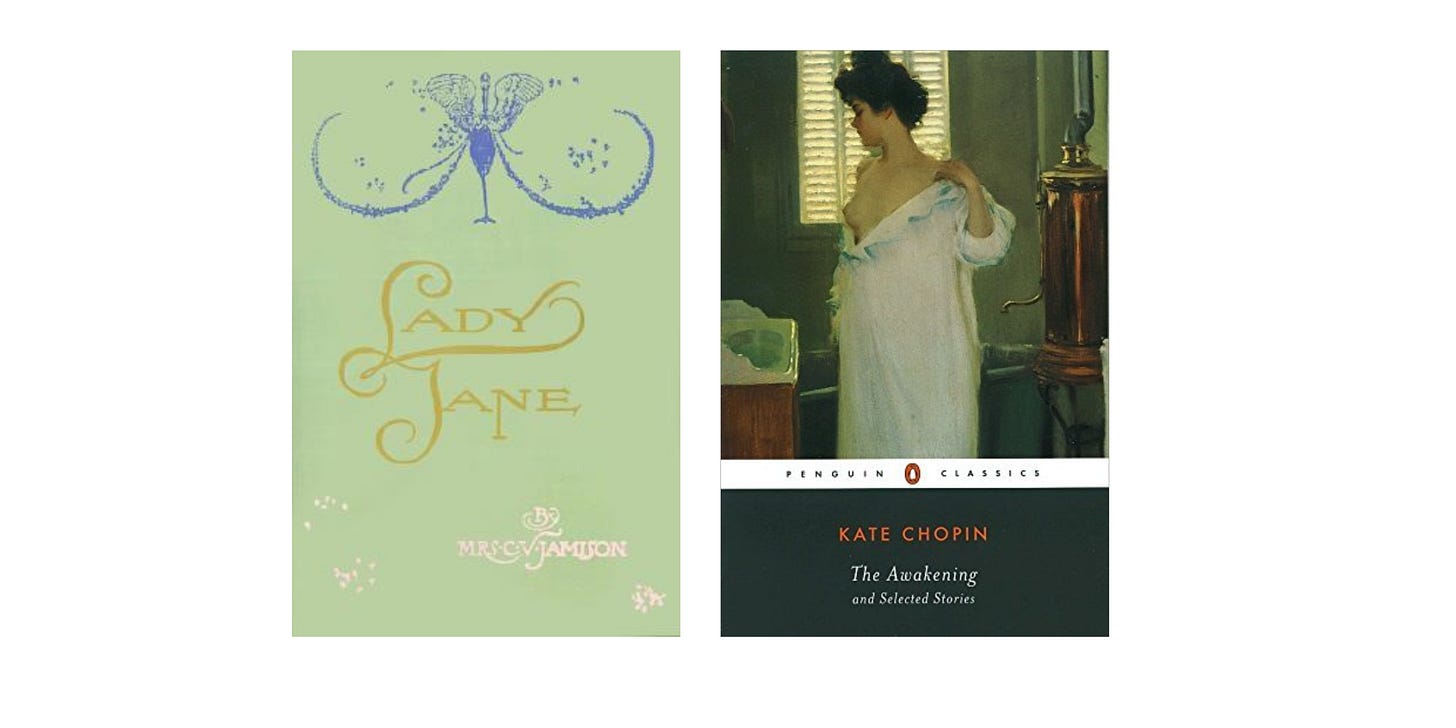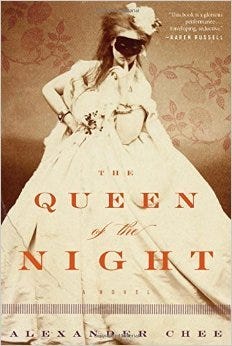Hi friends,
We’ve got a mini pyramid for March because I’m back on my long (18+ hours) audiobook kick, and there are only so many hours in a day. I don’t know about you, but I’ve been feeling restless lately. It’s hard for me to sit still on the couch and read, but if I have a book in my ear while I’m walking to yoga or working on my cross-stitch, this feels somehow better on my brain.
For the first time in a very long time, none of the books I read this month were set in the present day. I think this is also a reflection of just how little extra time I wanted to spend in the real world this spring.
At the same time, the piece of writing that made the biggest impression on me from March was this article from beloved poet and novelist Kaveh Akbar in The Nation: What Will You Do?
The title question is in response to the recent arrests of student visa holders Rumeysa Ozturk, Alireza Doroudi, and Mahmoud Khalil. Khalil especially has been on my mind this weekend after an immigration judge in Louisiana ruled he could be deported on the basis that his “otherwise lawful” beliefs, statements, and associations posed a threat to American foreign policy.
Kaveh writes:
“Ozturk, Douroudi, and Khalil were targeted not because they asserted their opposition to the Palestinian genocide—there are white American citizens organizing against Israel’s occupation too. Ozturk, Douroudi, and Khalil were targeted because they were on student visas; they were targeted because they could be targeted.”
This should terrify everybody whose beliefs, statements, and associations are at odds with the current administration. Kaveh, an Iranian-born US citizen, admits to being scared of being targeted in retaliation, and I found myself scared for Kaveh, too.
But isn’t that the point? “The administration’s algorithms of intimidation and terror are working,” he writes, when we are served videos of students being disappeared off the street “between baby photos from casual acquaintances and ads for underwear and linen sheets.”
It feels crazy to live in a world where we just keep witnessing these things and moving on with our days? This isn’t normal. This can’t be normal.
“I am writing this to rebuke the algorithm,” he says, and I guess so am I.
To answer Kaveh’s question, I don’t know what else to do. Not when those scripted emails, petitions, and phone calls to reps don’t seem to be moving the needle against a blatantly evil and self-interested government. I don’t know what to do that would actually make a difference, but it feels like the least we can do is talk about it, share Kaveh’s brave and moving words, and not ignore the moment.
I hope you read Kaveh’s article, and his debut novel Martyr! (which I wrote about last year), and any of his poetry, because he’s an incredible talent and an incandescent human being. We all need a little break from being in the present moment from time to time, and I can think of much worse places to rest than in his words.
Below are the three books where I found rest this month. If you’d like to read this on the blog and see the lil baby pyramid, you can do so here:
Thanks for sticking with me through this lengthy intro. Now, let’s get to the books.
SOLID SUPPORTS:
Lady Jane — Cecilia Viets Jamison
I picked this book up for $2 at Frenchmen Art & Books in New Orleans because it sounded like exactly the kind of book I would’ve been obsessed with as a kid, and I was right! For some reason, baby me devoured orphan stories like this one, where a beautiful, precocious child is abandoned after tragedy befalls her parents, and ultimately becomes the darling of her new adopted world.
Set in New Orleans in the early 20th century, Lady Jane is a collection of the title child’s adventures in her new home on Good Children Street, charming her neighbors into teaching her how to sing, dance, and sugar pecans despite being unloved by the woman who takes her in after her mother’s death. Little me would have spent hours gazing lovingly at the accompanying woodcut illustrations, and absolutely would have fantasized about having my own blue heron to carry around. Orphans get all the good stuff.
The Awakening and Selected Stories — Kate Chopin
Still nostalgic for New Orleans after Lady Jane, I finally picked up this collection that’s been gathering dust on my shelf since 2022. The former English major in me can’t not read the Introduction first, and it was there that I learned how The Awakening was reviled at the time of its publication (1899), for centering the story of a young woman who chooses to forgo the responsibilities of marriage and motherhood in favor of independence and sexual liberation. How dare she!
Edna Pontellier is twenty-eight, married with two young children, and her biggest crime is waking up one morning on her summer vacation and realizing she wants to live life for herself. Her famous declaration, “I would give my life for my children, but I wouldn’t give myself,” struck her original audience as selfish at best and unhinged at worst, but a modern reader is more sympathetic. That she views her selfhood as more essential than her life was incendiary for her time, but for those of us who now often take this same agency and independence for granted, it’s a haunting reminder that the repression of ~125 years ago isn’t all that far removed.
THE TIPPY TOP:
The Queen of the Night — Alexander Chee
This was the aforementioned 18-hour audiobook that I spent close to three weeks listening to, and I treasured it. After being orphaned (again with the orphans!) in America, the protagonist makes her way to Europe in a traveling circus. There, she dons and sheds multiple personas as a hippodrome rider, sex worker, handmaid to the Empress, and unwitting spy before finally becoming Lilliet Berne, a courtesan and renowned opera singer. Few know the truth of Lilliet’s path to fame, but her secret past catches up to her when she is offered an originating role in a new opera, only to find that the libretto is based on her life—and only love.
Chee weaves together each chapter of Lilliet’s life with such delicate extravagance that it feels, well, operatic. I love historical novels that truly immerse you in the time, dwelling with gorgeous prose on everyday details of clothing and food as much as place and character, and Chee spares no expense in this department. The time spent on women’s fashion, in particular, was indulgent in an actually necessary way. If this is starting to pique your interest, I highly recommend checking out Chee’s Substack where he expands on this and the rest of his research process for the novel:
The intrigue of secrets kept and power plays orchestrated carries the reader through the rotating backdrops of cities and circumstances, but the details make the story feel vivid, immediate, and as timelessly fated as the dramas Lilliet enacts both on-stage and off. I loved escaping into Lilliet’s world, and it’s a true testament to Chee’s writing that I would’ve preferred to be starving with her during the literal Siege of Paris than watching whatever fresh hells played out on our daily news.
Also, the audiobook narrator is just really good. Lisa Flanagan’s voice is so rich and lovely that there is never a doubt that she is Lilliet, as capable of bursting into an Italian aria as she is of absconding into the French countryside with a fake name and a stolen coat. I would listen to her read my grocery list.
That’s it for now! I considered just waiting until I had more to write about, but April is already turning out to be a full reading month, and I think I’ll need the extra space then. In the meantime, if you want to chat more about any of these, my inbox/comments/DMs are always open.
Until next time, happy reading!
<3 Catherine
Housekeeping note: all book links go to my Bookshop storefront, where each purchase supports independent bookstores (and this newsletter, because I get a small percentage of each sale).





